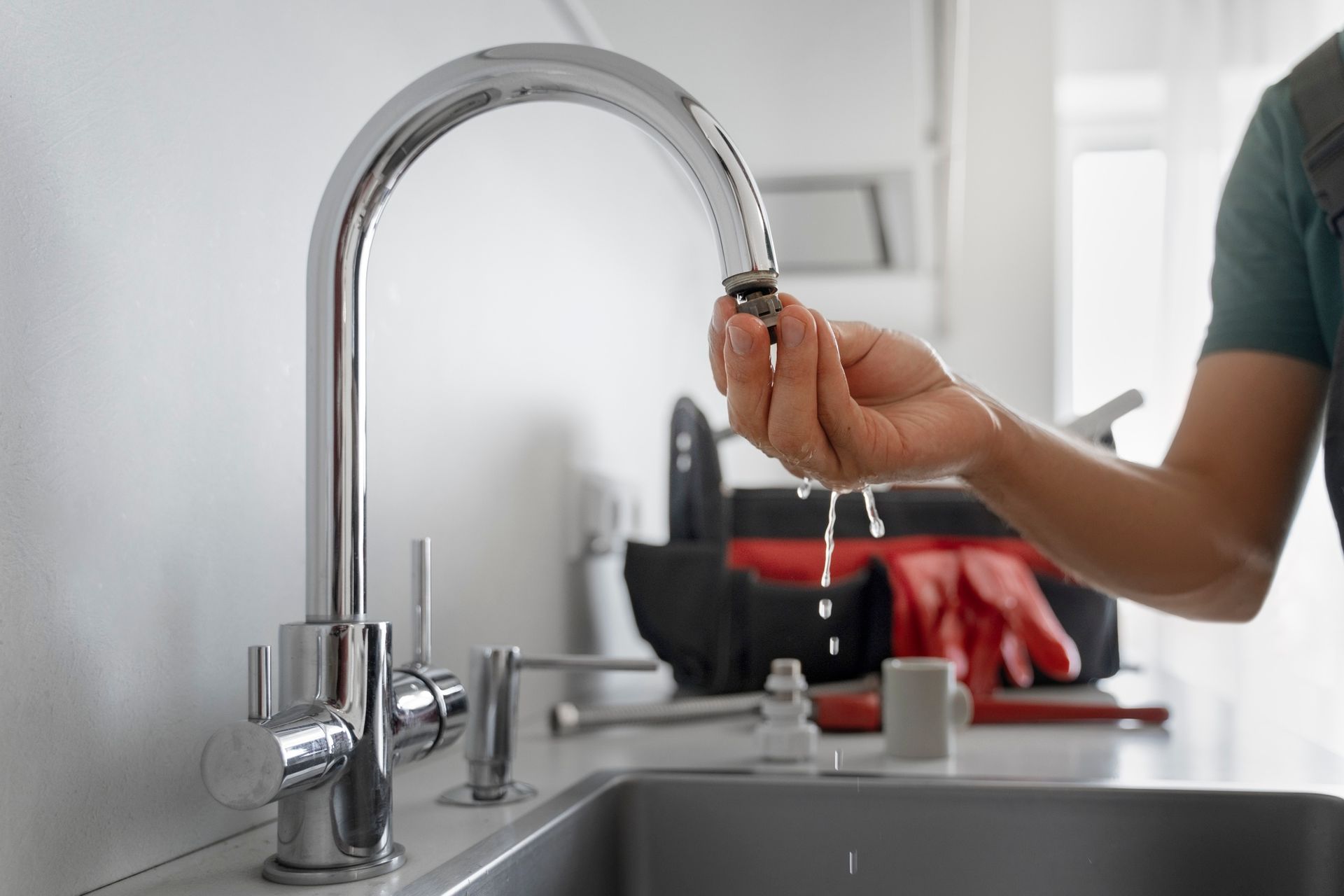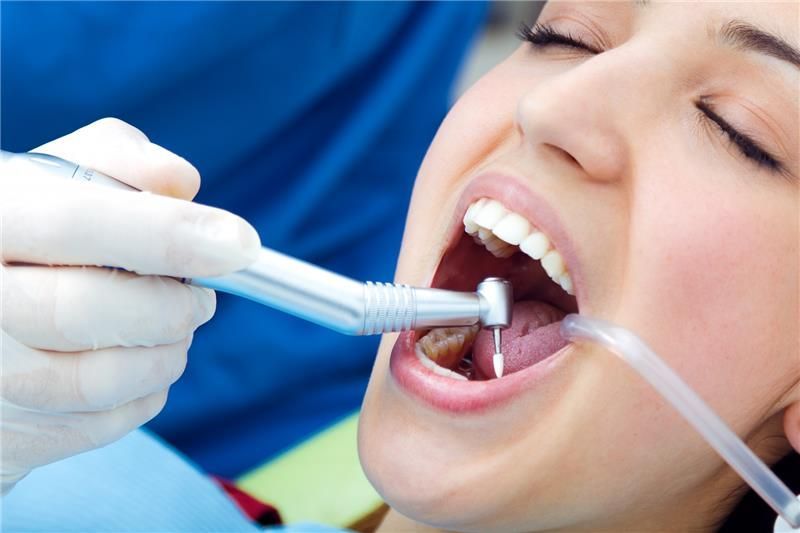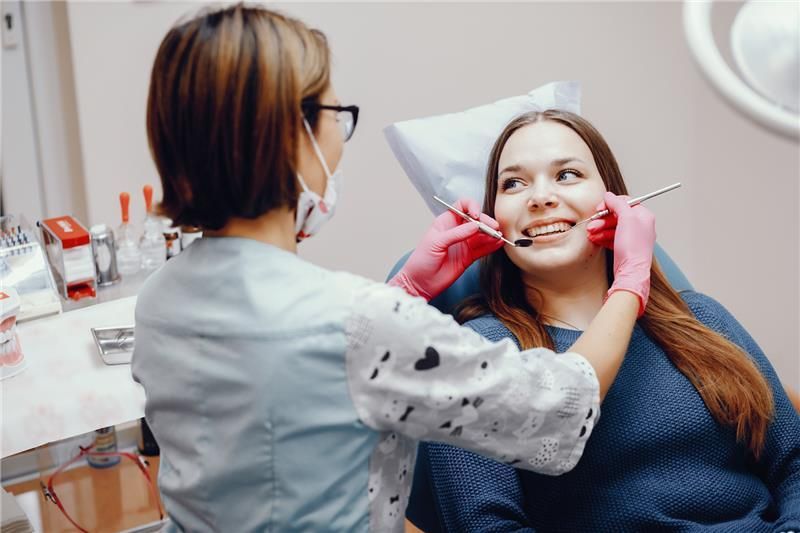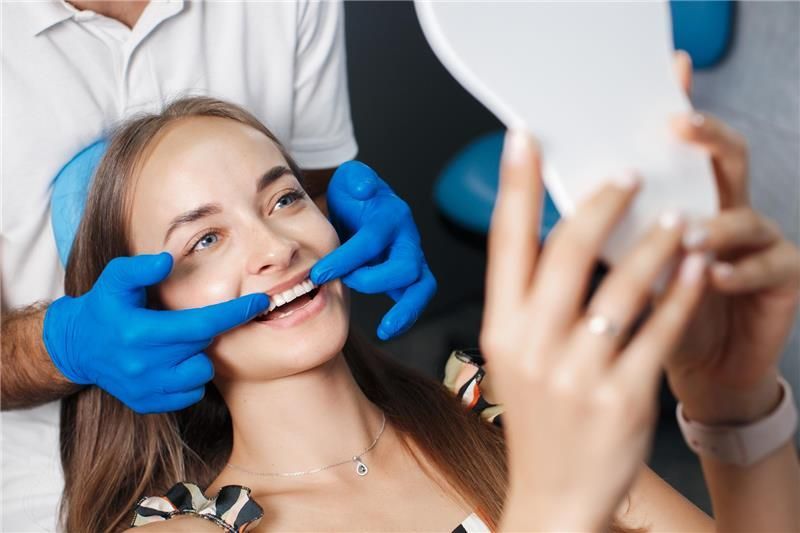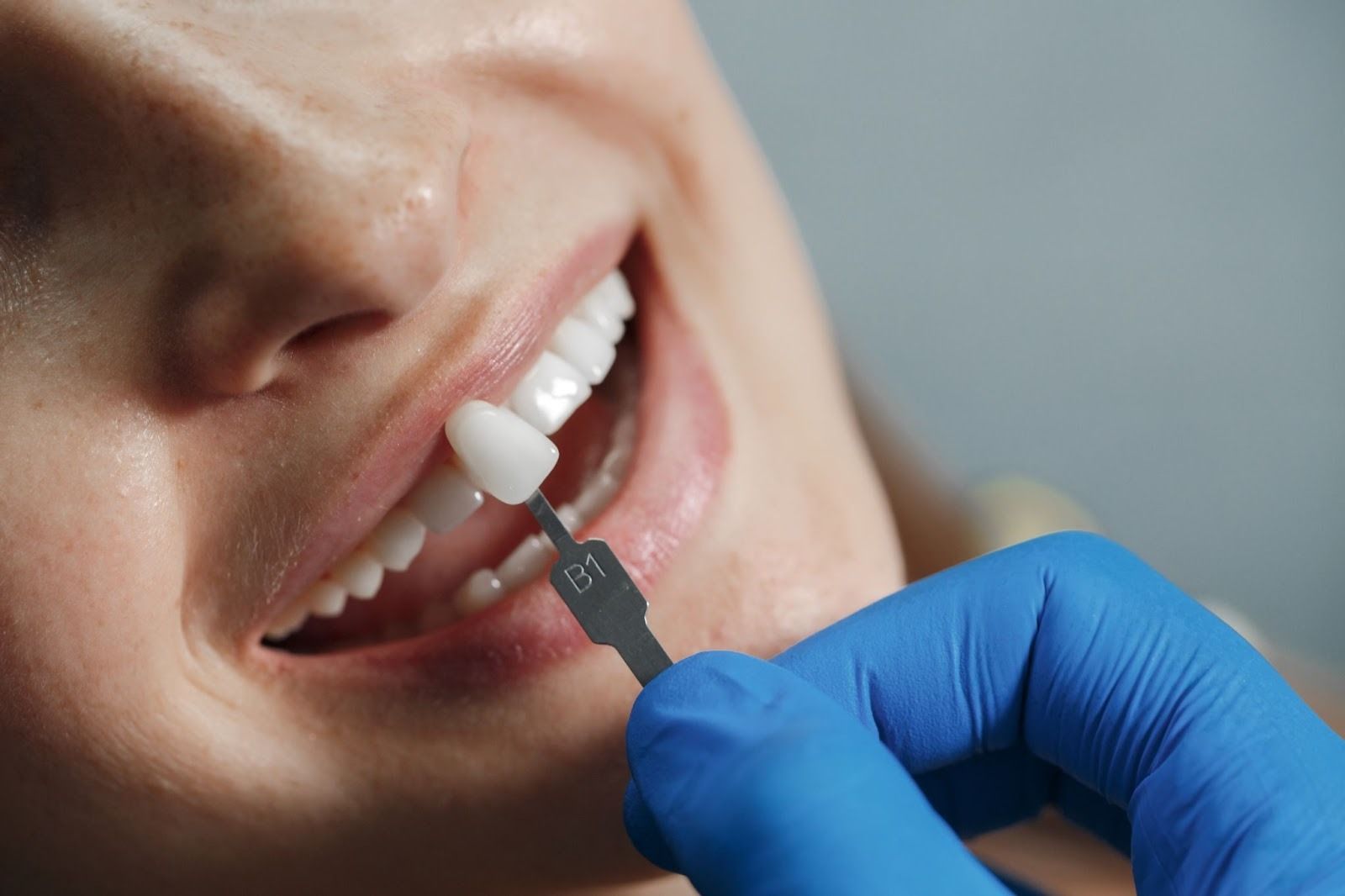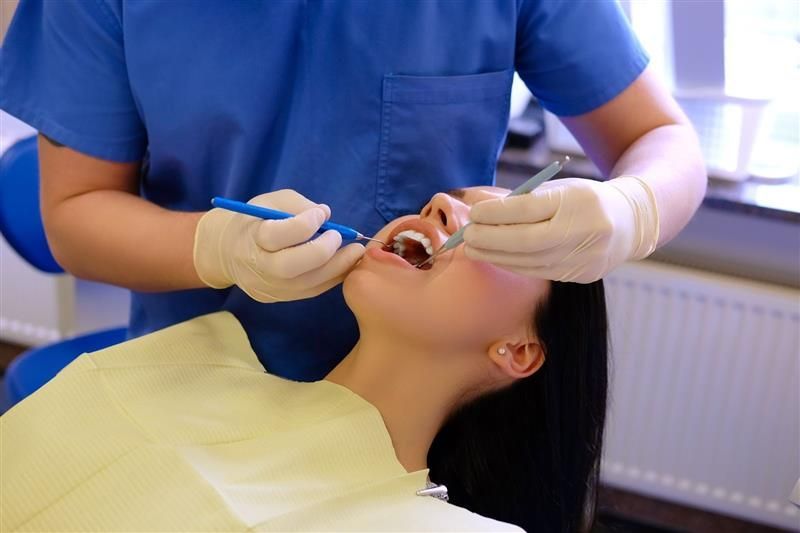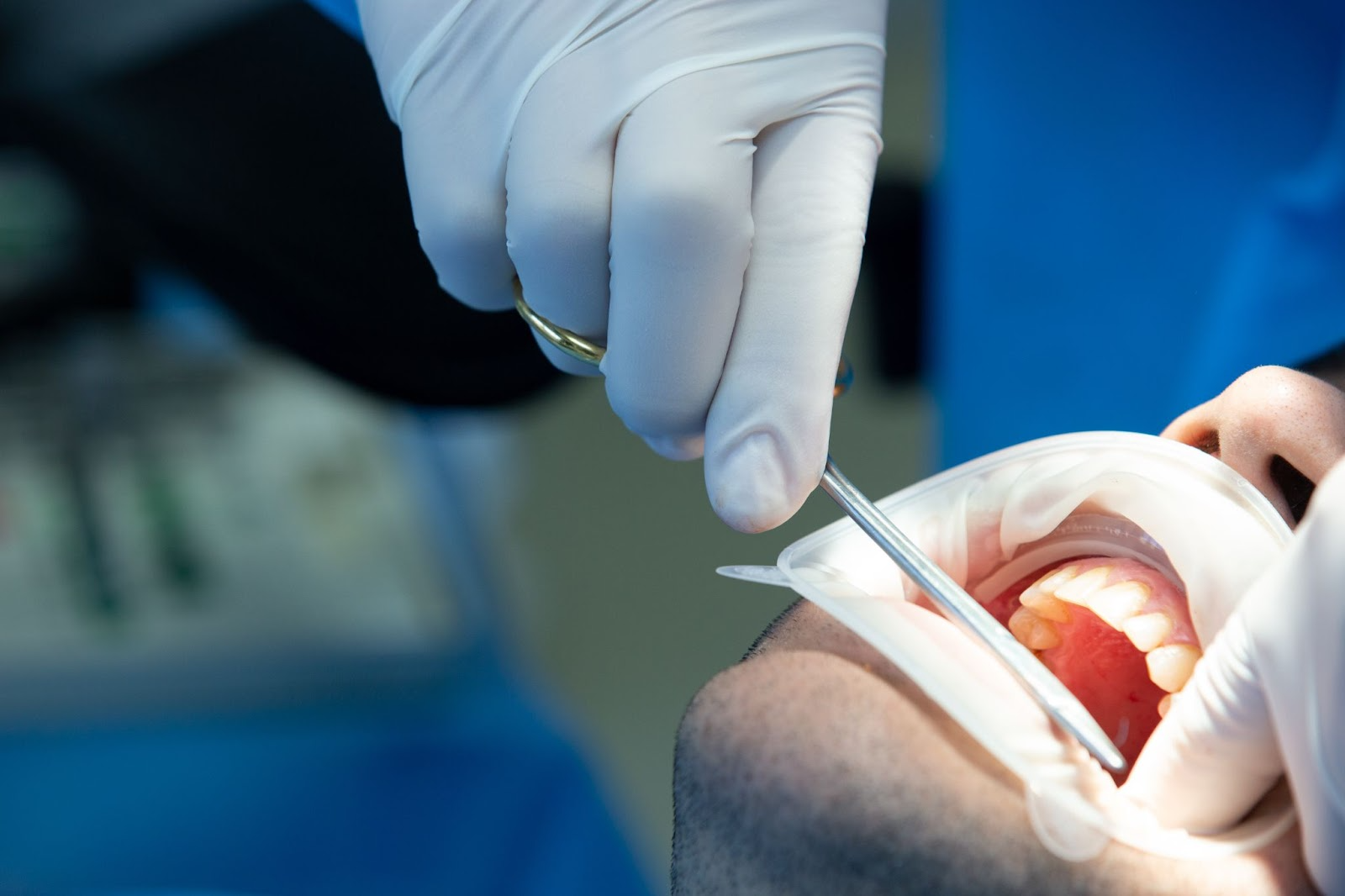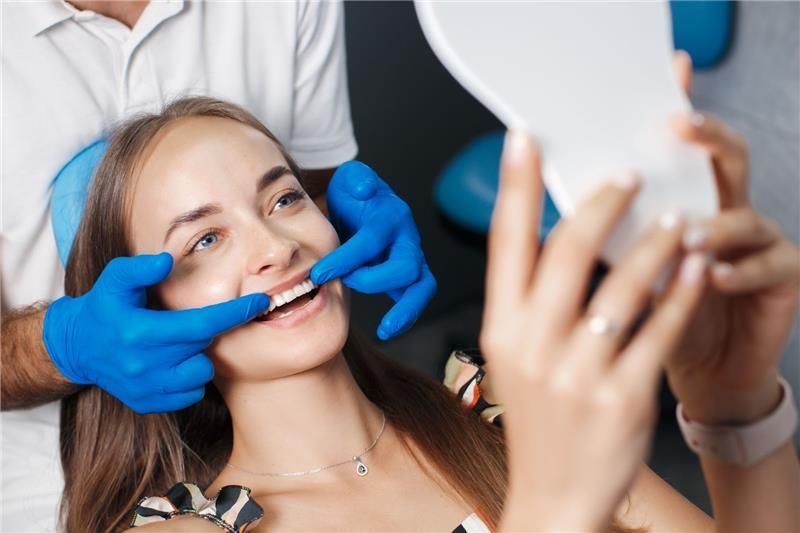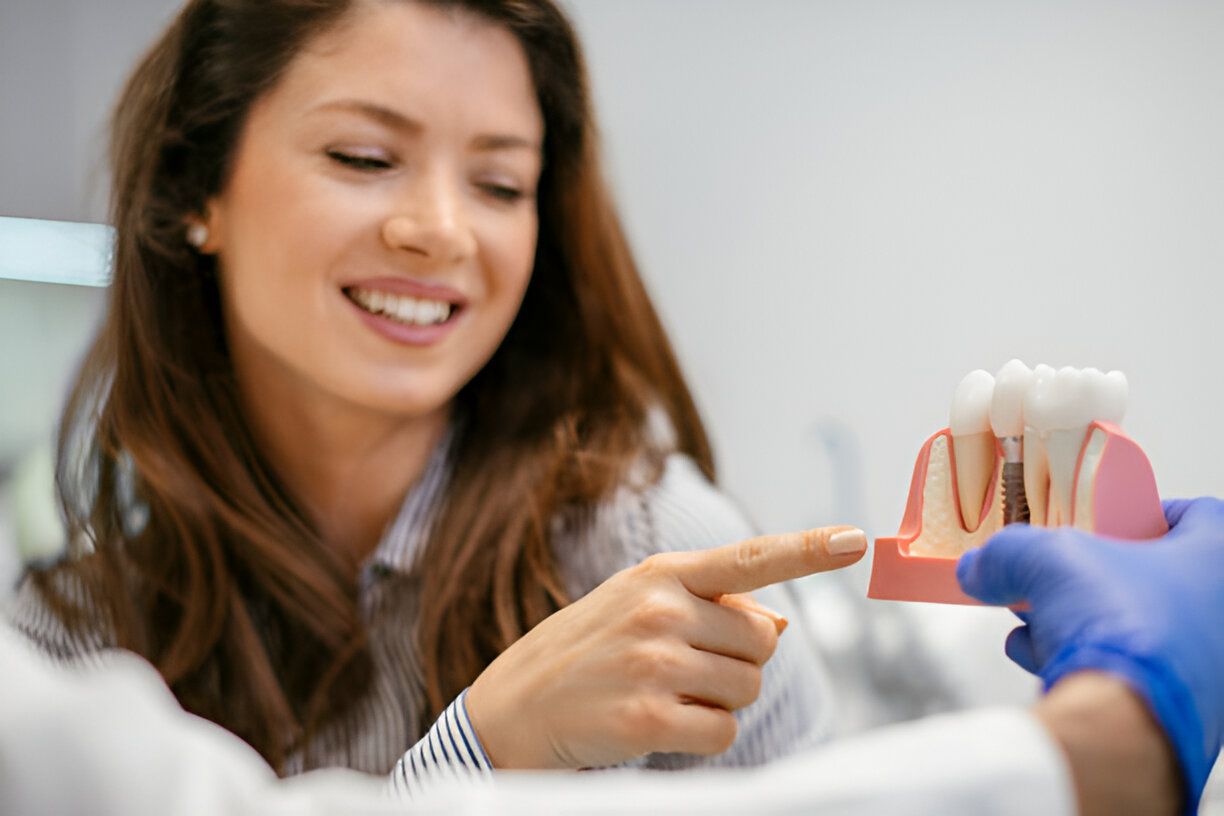Does Brooklyn Tap Water Prevent Cavities? The Truth About Fluoride in NYC
Brooklyn residents often wonder whether their tap water is helping or harming their dental health. One key factor in this debate is
fluoride
, a naturally occurring mineral added to public water supplies to prevent cavities. But does Brooklyn tap water really protect your teeth from decay? In this blog,
we’ll
uncover the truth about fluoride levels in NYC’s water and whether it plays a significant role in cavity prevention.
What is Fluoride and How Does It Prevent Cavities?
Fluoride is a mineral known for its ability to strengthen tooth enamel and reverse early signs of tooth decay. It works by:
- Remineralizing enamel, making teeth more resistant to acid attacks.
- Inhibiting bacteria that cause cavities.
- Reducing demineralization, which slows down tooth decay progression.
For decades, fluoride has been added to public water supplies in the U.S. to improve dental health. But how does Brooklyn’s tap water measure up?
Is Brooklyn Tap Water Fluoridated?
Yes! Brooklyn, like the rest of New York City, receives fluoridated water. The New York City Department of Environmental Protection (DEP) maintains fluoride levels at 0.7 milligrams per liter (mg/L) , which aligns with the U.S. Public Health Service’s recommendations.
This means that Brooklyn residents who regularly drink tap water are getting a beneficial amount of fluoride to help prevent cavities.
The Benefits of Fluoridated Water for Brooklyn Residents
Drinking fluoridated tap water can have several oral health benefits:
1. Reduced Risk of Cavities
Studies show that people who drink fluoridated water experience 25% fewer cavities compared to those who don’t . This is especially beneficial for children, whose developing teeth need extra protection.
2. Cost-Effective Dental Care
Fluoridated water acts as a free preventive dental treatment . Instead of relying solely on expensive fluoride treatments, residents get protection simply by drinking tap water.
3. Better Oral Health for Low-Income Communities
Not everyone can afford regular dental visits, but access to fluoridated water helps provide some level of cavity prevention, particularly for underserved populations.
Are There Any Risks to Fluoridated Water?
While fluoride is generally safe , excessive exposure can lead to fluorosis , a condition that causes white spots on teeth. However, Brooklyn’s fluoride levels are carefully regulated and fall within safe guidelines. Unless you’re consuming large amounts of fluoride from multiple sources (like supplements and toothpaste), the risk is minimal.
Other Ways to Prevent Cavities in Brooklyn
While fluoridated water helps, it’s not a replacement for good oral hygiene. Here are additional ways to keep your teeth healthy:
- Regular Dental Checkups: Visiting your dentist every six months helps catch cavities early. Book an appointment with Park Dental BK.
- Fluoride Toothpaste: Brushing with a fluoride toothpaste twice daily adds extra protection.
- Healthy Diet: Limit sugary foods and drinks, which fuel cavity-causing bacteria.
- Professional Fluoride Treatments: If you’re at high risk for cavities, your dentist may recommend in-office fluoride treatments. Learn more about our cosmetic dentistry services.
Conclusion: Should You Rely on Brooklyn Tap Water for Cavity Prevention?
Brooklyn tap water does help prevent cavities , but it should be part of a comprehensive dental care routine . Drinking fluoridated water, maintaining good oral hygiene, and visiting a trusted dentist like Park Dental BK will ensure the best protection against tooth decay.
If you have concerns about fluoride or need cavity treatment, schedule a consultation with our team today. We offer root canal treatments and dental implants for patients needing advanced care.
FAQs About Brooklyn Tap Water & Fluoride
1. Is Brooklyn’s tap water safe to drink?
Yes! Brooklyn tap water meets all safety standards and contains fluoride at safe levels for cavity prevention.
2. Does fluoride in water really prevent cavities?
Yes, studies show that fluoridated water can reduce cavities by up to 25%.
3. Can I get too much fluoride from drinking tap water?
No, Brooklyn’s water contains a controlled amount of fluoride, making overexposure unlikely.
4. Should I use fluoride toothpaste if I drink fluoridated water?
Yes! Using fluoride toothpaste provides additional protection against cavities.
5. Are there fluoride-free alternatives for cavity prevention?
Yes, options include xylitol-based products, remineralizing toothpaste, and professional dental treatments.
6. Does boiling Brooklyn tap water remove fluoride?
No, boiling water does not remove fluoride. You would need a special filtration system for that.
7. Do bottled water brands contain fluoride?
Most bottled water brands do not contain fluoride unless labeled as fluoridated.
8. What are the signs of fluoride overexposure?
Fluorosis (white spots on teeth) is a possible sign , but it’s rare with normal tap water consumption.
9. Can I filter fluoride out of my tap water?
Yes, reverse osmosis filters can remove fluoride, but this is not recommended unless advised by a dentist.
